Ukraine Sends Evacuation Buses To Besieged City
Ukraine said Thursday it was sending dozens of buses to evacuate civilians from the besieged city of Mariupol after a Russian ceasefire announcement, but dismissed Kremlin promises to scale back attacks on the capital saying forces were simply regrouping to target the east.
Tens of thousands of civilians are trapped in besieged Mariupol with little food, water or medicine, and previous attempts to agree a humanitarian corridor have failed, despite international pressure.
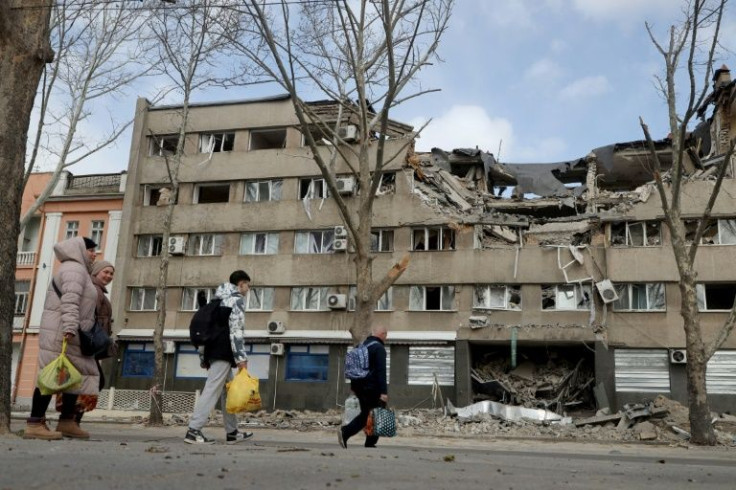
But on Thursday, Ukraine's Deputy Prime Minister Iryna Vereshchuk said buses were heading to the city, where Russia said it would observe a ceasefire from 10:00 am (0700 GMT).
"Tonight, we were informed by the International Committee of the Red Cross that Russia is ready to open access" to a humanitarian corridor from Mariupol to Zaporizhzhia via the Russian-controlled port of Berdiansk, she said in video posted on Telegram.
The prospect of an evacuation from the destroyed city came as Russia continued to shell the capital Kyiv and Chernigiv despite having vowed to "reduce" military activity by "a large margin".
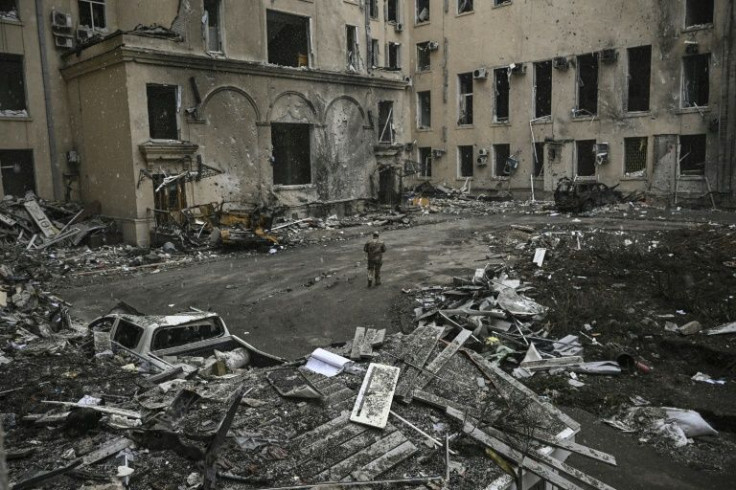
President Volodymyr Zelensky told his war-torn nation to brace for a new Russian onslaught in the eastern Donbas region.
"We don't believe anyone, not a single beautiful phrase," Zelensky said in a late-night video message. "There is an accumulation of Russian troops for new strikes in Donbas and we are preparing for it."
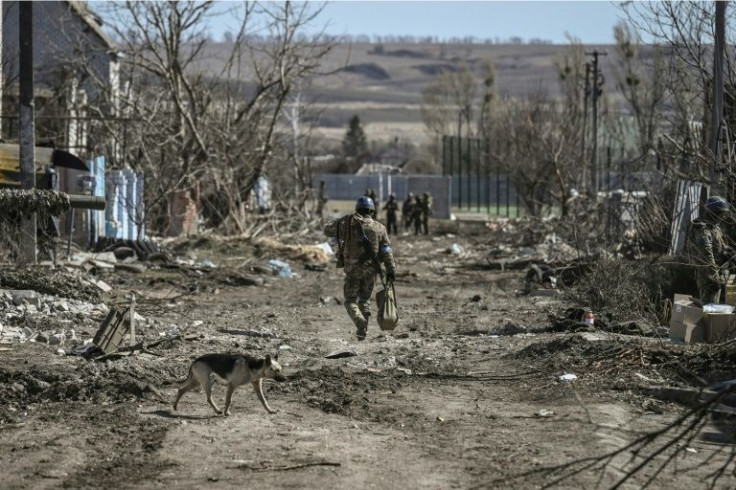
"We will fight for every metre of our land," he said.
In five weeks of brutal fighting Russian forces have been humbled by dogged Ukrainian resistance, and forced to rethink any ambitions to sack the capital or overthrow the democratically elected government.
Western intelligence agencies have been keen to underscore Russia's military failings, and to push suggestions that President Vladimir Putin is being misled by his own fearful advisors about battlefield reverses.

"We've seen Russian soldiers -- short of weapons and morale -- refusing to carry out orders, sabotaging their own equipment and even accidentally shooting down their own aircraft," Britain's GCHQ spy agency chief Jeremy Fleming on Thursday, after similar claims from the White House.
Citing US intelligence, White House Communications Director Kate Bedingfield said Putin "felt misled by the Russian military".
Military experts believe that with thousands of Russian troops killed and many thousands more injured, Moscow has no choice but to ditch efforts to advance simultaneously along multiple axes in the north, east and south.
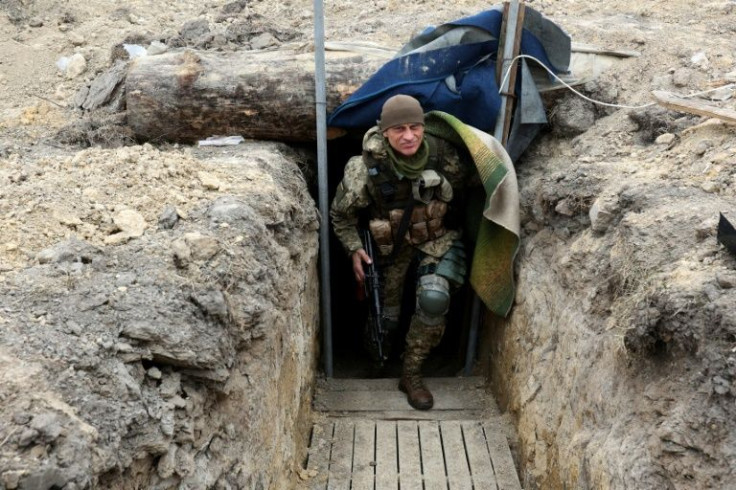
Its focus instead has turned towards the east, and capturing more towns and cities in Donbas including Mariupol -- even as the long-range assault on other cities continues.
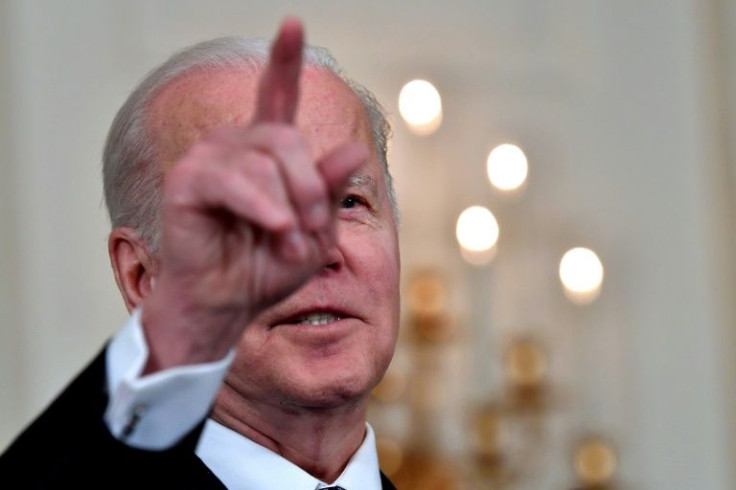
Russia's ministry of defence on Thursday claimed that was the plan all along.
"The first stage of the special military operation," said major general Igor Konashenkov, was "to force the enemy to concentrate its forces, means, resources and military equipment to hold on to high populated areas".
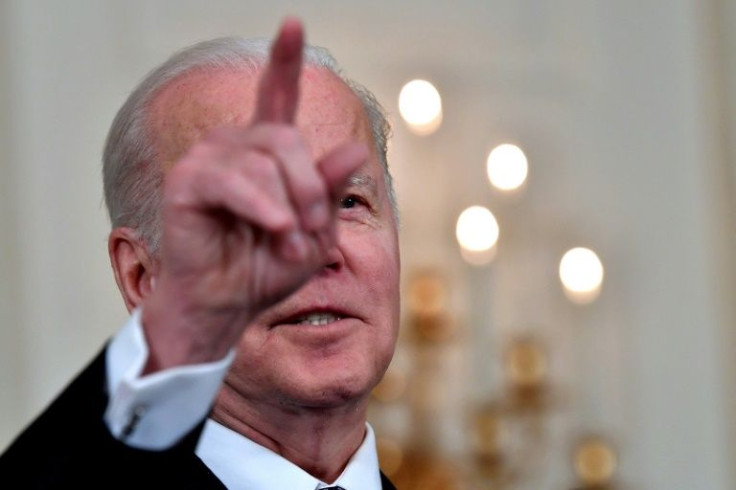
He said the aim was to degrade and tie up Ukrainian forces so they could not be used "in the main direction of our Armed Forces in Donbas". "All these goals have been met," he added.
Some believe that Russia's aim now will be to capture territory in the south to strengthen Moscow's hand when it comes to negotiating peace.
"I think we are now seeing the Russian strategy changing," said Marcus Hellyer of the Australian Strategic Policy Institute, a former Department of Defence and intelligence official. "They are focusing more on the east so it may be that they have realised they can't completely defeat Ukraine."
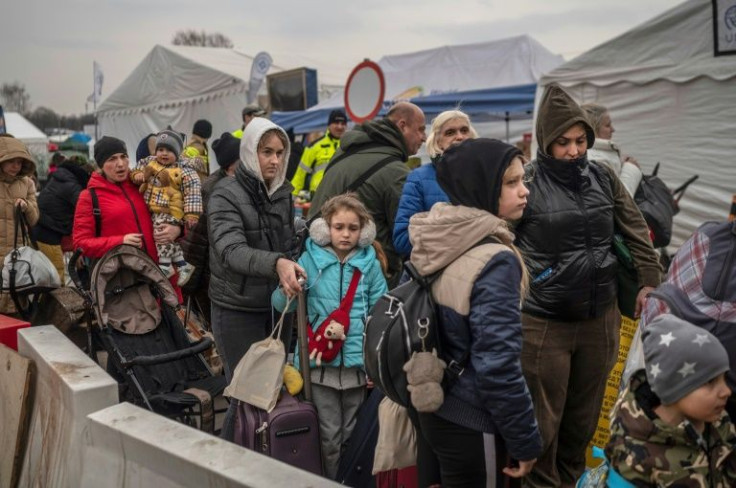
The new strategy, he suggested was "to occupy all of Donbas, occupy as much of the Black Sea coast as they can and use that as the facts on the ground for their negotiating strategy".
Ukraine's general staff on Thursday reported that some Russian units had already left northwestern Ukraine for Moscow-allied Belarus, and there was a "regrouping" of units of the Eastern Military District.
They also claimed that Russia was preparing to create "another pseudo-republic in the Kherson region" in southern Ukraine.
Since 2014 Russia has backed two similar breakaway Donbas statelets in Lugansk and Donetsk and recently recognised their independence.
The fate of these two self-styled "people's republics" is central to ongoing peace talks, with Kyiv insisting they are still part of Ukraine.
Russia has long sought a land link between the republics and also-occupied Crimea via Mariupol, which is now encircled by Russian forces.
Satellite images of the city have revealed the scale of devastation by relentless bombardment, with Ukrainian ombudswoman Lyudmyla Denisova accusing Russian forces of striking a clearly marked Red Cross facility near the city with aircraft and artillery.
An International Committee of the Red Cross official told AFP the facility was a warehouse but aid stored there had been distributed.
As generals and political leaders reassess their strategies for a new phase in the war, the toll on ordinary Ukrainians is still coming into harrowing focus.
In Irpin, a gateway to Kyiv, officials said they were recovering bodies in the streets and the area was still being shelled by Russia.
Irpin's mayor Oleksandr Markushyn said at least 200 people had been killed there since the war began.
In the town of Trostyanets, just 30 kilometres (20 miles) from the Russian border, AFP reporters saw dazed residents emerge from their homes as Ukrainian soldiers salvaged abandoned Russian vehicles.
"There was nothing left to eat in the town, no water and no electricity," said Pavlo, who spent the past month hunkered down in his basement.
The United Nations estimates that four million Ukrainians -- close to one in 10 inhabitants -- have been forced to flee the country.
There are few signs of those attacks abating, despite recent talks in Istanbul and another round of video talks slated for April 1.
Both sides initially said the Istanbul meeting had made progress, but the Kremlin on Wednesday played down hopes of a breakthrough.
"We cannot state that there was anything too promising," Kremlin spokesman Dmitry Peskov said.
Still, Turkey's Foreign Minister Mevlut Cavusoglu on Thursday said a higher-level meeting "at least at the level of foreign ministers" could happen in a week or two.
© Copyright AFP 2024. All rights reserved.





















